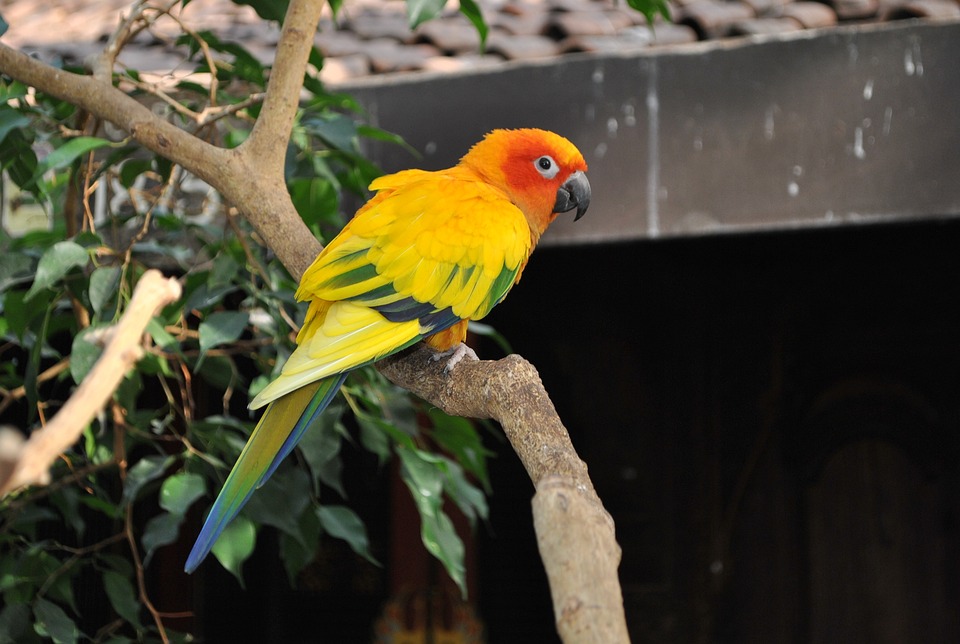Parrots are known for their intelligence and ability to mimic human speech, but they are also notorious for their excessive screaming. While parrots naturally vocalize, excessive screaming can be disruptive and challenging to manage. In this article, we will discuss effective strategies to manage parrot behavior and reduce excessive screaming.
Before we dive into the management strategies, it is essential to understand why parrots scream excessively. Parrots are highly social animals and use vocalization as a means of communication. In the wild, they use their calls to communicate with other flock members, establish territories, and alert others to potential dangers. When parrots are kept as pets, they often see their human family as part of their flock. Consequently, they may scream to seek attention, express frustration, or simply because they are bored. Understanding the underlying reasons behind parrot behavior is crucial in effectively managing excessive screaming.
Here are some effective strategies to manage parrot screaming:
1. Provide Mental Stimulation and Enrichment: Boredom is a significant contributor to excessive screaming in parrots. To combat this, ensure your parrot’s environment is mentally stimulating and enriched. Offer a wide range of toys, puzzles, and foraging opportunities to keep your parrot engaged and entertained.
2. Establish a Routine: Parrots thrive on routine and predictability. Create a consistent daily schedule for your parrot, including designated playtime, feeding times, and social interactions. A well-established routine can help reduce anxiety and minimize excessive screaming.
3. Use Positive Reinforcement: Reward your parrot for desirable behavior and ignore or redirect unwanted behavior. Positive reinforcement, such as offering treats, praise, or attention when your parrot is quiet, can be highly effective in encouraging desired behavior.
4. Avoid Yelling or Punishment: Yelling at your parrot or using punishment as a means of managing screaming can be counterproductive. Parrots may perceive yelling as join-in flock calling, reinforcing their screaming behavior. Instead, focus on positive reinforcement and redirection techniques.
5. Teach the “Quiet” Command: Train your parrot to respond to a “quiet” command. Start by using the command when your parrot is naturally quiet, and reward them with treats and praise. Gradually increase the duration of quiet behavior before rewarding. With time and consistency, your parrot will learn to associate the command with being calm and quiet.
6. Provide Physical and Social Interaction: Parrots are highly social creatures and require daily physical and social interaction. Ensure your parrot receives regular out-of-cage time, companionship, and opportunities to engage in activities with you or other parrots.
7. Consult an Avian Veterinarian: If your parrot’s excessive screaming persists despite your efforts, it is essential to consult an avian veterinarian. Medical conditions or underlying health issues could contribute to the behavior, and a professional evaluation will help rule out any physical causes.
Now, let’s address some frequently asked questions about managing parrot behavior:
Q: Is it normal for parrots to scream?
A: Yes, parrots naturally vocalize and use screaming as a means of communication. However, excessive and prolonged screaming can indicate underlying issues that need to be addressed.
Q: Can excessive screaming be a sign of distress or health problems in parrots?
A: Yes, excessive screaming can be a sign of distress or underlying health problems in parrots. If your parrot’s behavior suddenly changes or the screaming becomes more intense, it is important to consult an avian veterinarian.
Q: How long does it take to train a parrot to be quiet?
A: Training a parrot to be quiet requires time, consistency, and patience. The duration will vary depending on the individual parrot and the training methods used. It is crucial to remember that parrot behavior modification requires ongoing reinforcement and maintenance.
Q: Can professional trainers help with managing parrot behavior?
A: Yes, consulting a professional avian behaviorist or trainer can be beneficial in managing parrot behavior. They can provide guidance, personalized training plans, and help address specific challenges you may be facing.
Remember, managing parrot behavior is a gradual process that requires consistent effort and understanding. By implementing the strategies mentioned above and seeking professional help when needed, you can effectively reduce excessive screaming and foster a harmonious relationship with your feathered friend.









